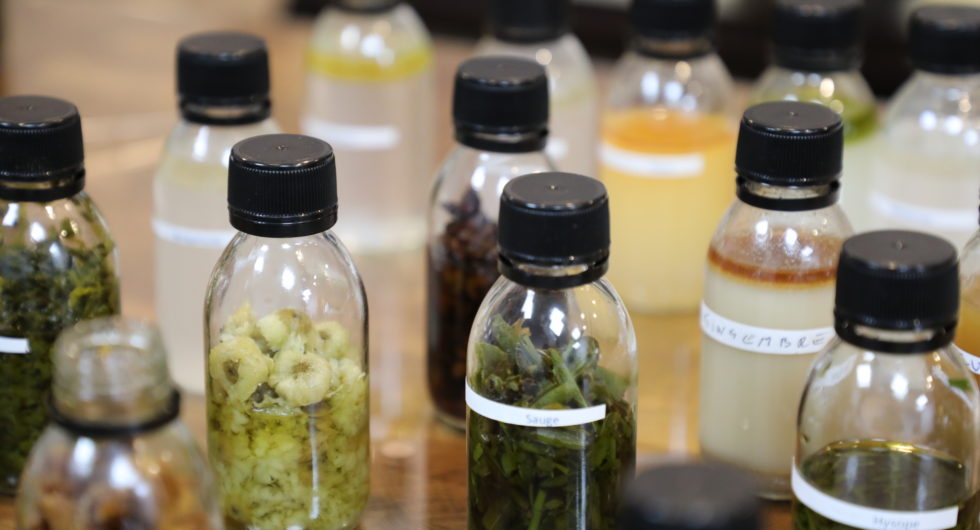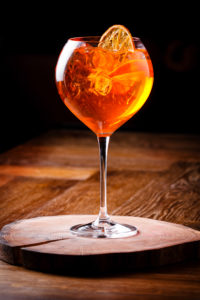The origins of vermouth
From Turin to Bordeaux via Germany.


You must be old enough to consume alcohol legally in your country of residence.
Enter in the websiteFrom Turin to Bordeaux via Germany.

Thank to the return of the cocktail scene, vermouth is making an international comeback. James Bond’s legendary dry martini (shaken not stirred!) and Brett Sinclair’s Creole Scream (one olive or two?) are back with a vengeance, and are easily the cocktails prompting the greatest discussion (gin or vodka?). What do they have in common? Vermouth.
Often considered French in its ‘bianco’ form and Italian when ‘rosso’, where does vermouth really come from?
Vermouth is a wine-based aperitif that must include artemisia (an aromatic plant also known as wormwood or absinthe) in its recipe (except in the US). This is not so much a spirit as a wine; it is in fact a blend of wine, brandy (or mistelle) and an aromatic extract made from infusions, macerations or brews of aromatic plants and spices.
The rules governing this aperitif’s production in France were set down at the beginning of last century. However, there was no ‘mass’ production reported before 1813.
In the United States, easily one of the biggest consumers of vermouth in pre-Prohibition days, a Manhattan or a Negroni could not be made without Italian vermouth. So, Italy – a credible point of origin!
We cross the Atlantic to meet a man named Antonio Benedetto Carpano, who made a drink consisting of Muscat Canelli wine, spices and aromatic herbs in Turin in 1786. This new drink was first exported in 1838 to the US, Latin America, and then across Europe. This was also the era when a practice was born that still remains very popular today: the aperitivo. The drink became so popular that before the second world war, Turin had 400 different vermouths.
Was Carpano’s drink the first vermouth? I would slightly disingenuously say no, because the recipe did not include any distillate, and as we have seen, distilled alcohol is a key part of the drink.

So, eliminating Italy from the list of possible origins, I would say that vermouth sounds a little bit like Helmut, and pick up the trail on the other side of the Rhine.
The good news is that vermouth actually comes from the old German word ‘werimouta’, which describes a bitter plant substance that stimulates the stomach. ‘Wermut’ is also the German word for wormwood (as confirmed by the German dictionary that has been sat in my loft since I finished school). The bad news is that apart from the name, there is nothing to suggest that the Teutons ever blended wine, alcohol and wormwood to relieve stomach pain.
In looking up how to use non-chemical means to get rid of a fly that was bothering me, I discovered that in 400 BC, Hippocrates prepared remedies made from wine and plants to treat certain disorders. This means that there is a direct link from ancient medicine, to Christian monasteries, to the arrival of modern vermouth.
It should also be noted that artemisia owes its name to Artemis, daughter of Zeus and goddess of wild nature and the hunt. In addition, she played a role in providing protection against disease.
So why not practice self-care with a drink of Léonce…
By Xavier-Luc Linglin, Director of SA François Lurton